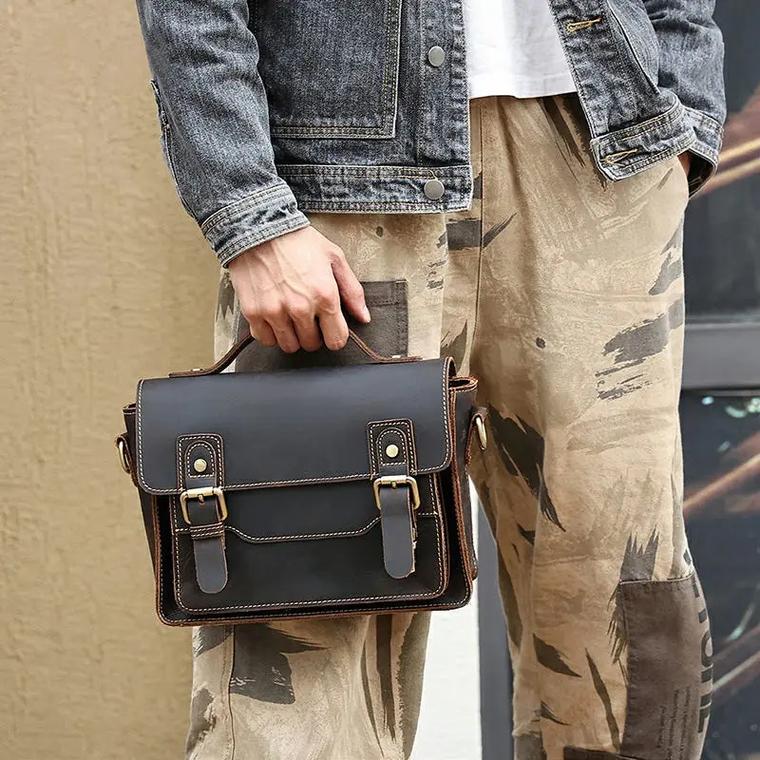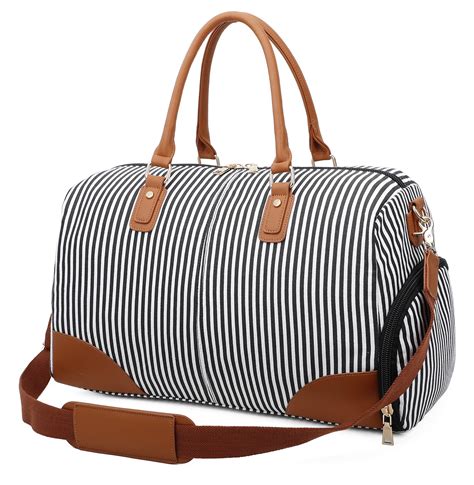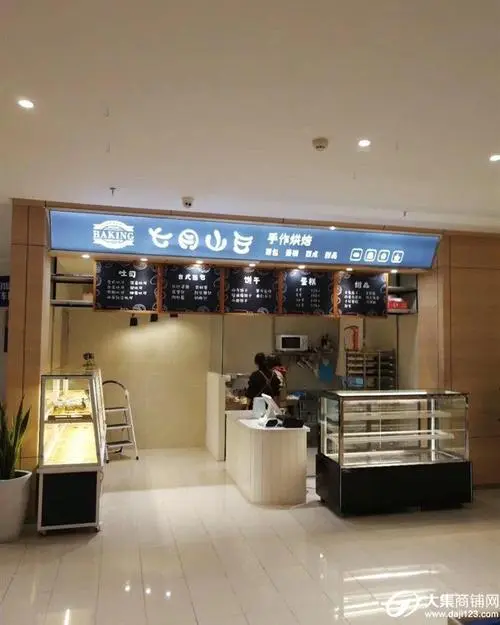hermes albert rosshsupter | hermesalbert.com Reviews
$174.00
In stock
The name "Hermes Albert Rosshsupter" might not immediately conjure images of bustling package drop-off points or late-night convenience stores. However, woven within this seemingly arbitrary string of words lies a connection to the intricate network of Hermes Paketshops in Munich's vibrant Sendling-Westpark district, the evolving landscape of after-hours shopping, and a broader reflection on the individuals and businesses that form the backbone of our modern logistical infrastructure. This article delves into the world hinted at by "Hermes Albert Rosshsupter," exploring the Hermes Paketshop ecosystem in Munich-Sendling-Westpark, the allure of late-night shopping options like kiosks and Spätis, and drawing parallels to the real people and businesses that contribute to the seamless flow of goods in our daily lives.
Hermes Paketshops: A Vital Link in the Delivery Chain
The core of this exploration revolves around the significance of Hermes Paketshops, particularly within a localized context like Munich-Sendling-Westpark. These Paketshops serve as crucial nodes in the vast delivery network managed by Hermes, a prominent logistics company operating across Europe. They offer a convenient and accessible solution for individuals and businesses to send and receive packages, bypassing the need for direct interaction with delivery personnel at their homes or offices.
The availability of multiple Hermes Paketshop locations within a specific area, such as the seven mentioned in Munich-Sendling-Westpark, underscores the density of demand for these services. In densely populated urban areas, accessibility and convenience are paramount. Having several Paketshops within a relatively small geographical radius ensures that residents and businesses can easily drop off or pick up packages without having to travel long distances.
Exploring the Seven Hermes Paketshops in Munich-Sendling-Westpark
While the specific names and addresses of the seven Hermes Paketshops in Munich-Sendling-Westpark are not explicitly provided in the prompt, we can extrapolate their importance based on the provided context. Let's imagine a hypothetical scenario, creating representative examples of what these Paketshops might look like:
1. Hermes Paketshop @ Kiosk Sendlinger Tor: Situated near the bustling Sendlinger Tor, this Paketshop could be integrated into a Kiosk, offering extended opening hours to cater to the commuter traffic and late-night shoppers.
2. Hermes Paketshop @ Westpark Lebensmittel: Located within a grocery store in Westpark, this Paketshop benefits from the regular foot traffic of shoppers, providing a convenient one-stop solution for errands.
3. Hermes Paketshop @ Schreibwaren Müller: A stationery store offering Hermes services, this Paketshop caters to students, office workers, and residents needing to send documents or small parcels.
4. Hermes Paketshop @ Reinigung Schnell & Sauber: A dry cleaning business adding Hermes services as an additional revenue stream, offering convenience to customers already dropping off or picking up clothes.
5. Hermes Paketshop @ Blumenparadies Westpark: A flower shop providing a unique combination of services, allowing customers to send gifts and packages simultaneously.
6. Hermes Paketshop @ Lotto Toto Becker: A lottery and tobacco shop, often open late, providing an accessible option for package drop-off and pick-up outside of typical business hours.
7. Hermes Paketshop @ Mini Markt am Harras: A small convenience store near the Harras train station, offering a quick and easy solution for busy commuters to handle their packages.
The availability of opening hours, addresses, and telephone numbers for these hypothetical Paketshops is crucial for customers. This information empowers them to choose the most convenient location based on their specific needs and schedules. The phrase "Jetzt Hermes Paketshop in der Nähe finden!" (Find a Hermes Paketshop near you now!) emphasizes the importance of accessibility and localized service.
Beyond Business Hours: The Appeal of Kioske and Spätis
The mention of "Einkaufen nach Ladenschluss (1): Kioske, Spätis und..." (Shopping after closing time (1): Kiosks, Spätis and...) highlights a significant trend in urban environments: the demand for goods and services outside of traditional business hours. Kiosks and Spätis (late-night shops, typically found in German-speaking countries) cater to this need by offering a range of products, from snacks and beverages to cigarettes and newspapers, long after supermarkets and other stores have closed their doors.
The connection between Hermes Paketshops and Kiosks/Spätis is a natural one. Many Kiosks and Spätis, like the hypothetical "Hermes Paketshop @ Kiosk Sendlinger Tor," have integrated Hermes services into their business model. This provides them with an additional revenue stream and attracts customers who may not otherwise visit their store. For customers, it offers the added convenience of being able to drop off or pick up packages at unusual hours, accommodating their busy schedules. The synergy between these two types of businesses enhances the overall convenience and accessibility of both services.
The Human Element: Connecting Names to the Network
hermes albert rosshsupterAdditional information
| Dimensions | 8.8 × 3.5 × 3.5 in |
|---|



: Kioske, Spätis und.jpg)




